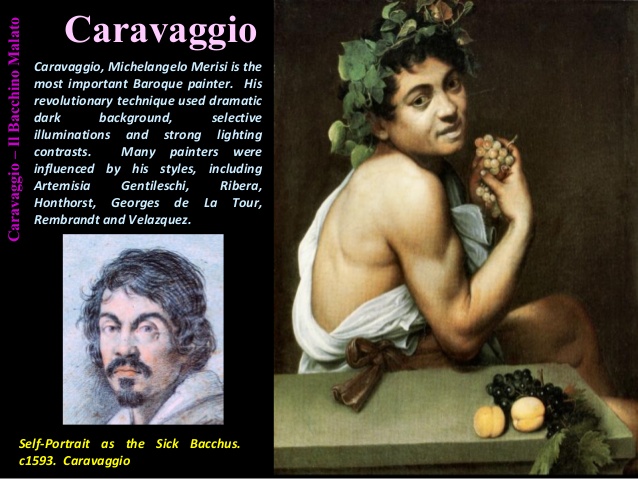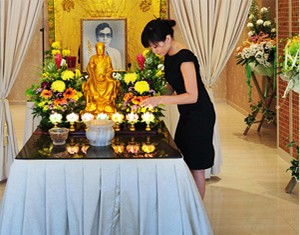Animal Farm is starting to get depressing, but I think we all predicted that. And not all the animals are having a hard time. As top pig, Napoleon is in the pink. He’s even going to market and bringing home the bacon. By the end of these two chapters, Napoleon’s regime is definitely worse than that of Mr. Jones. As Napoleon’s 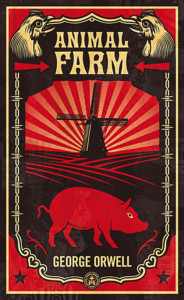 henchman, Squealer circulates disinformation, blaming everything bad that happens on the absent Snowball. He also accuses certain animals of plotting secretly with Snowball, which is obviously untrue. What makes matters worse is that the animals admit it, internalizing their self-hatred. Napoleon doesn’t even have the decency to give them a fair trial; he just has them taken round the back of the barn and the dog rip out their throats. So much for Commandment Six, “No Animal Shall Kill Any Other Animal.”
henchman, Squealer circulates disinformation, blaming everything bad that happens on the absent Snowball. He also accuses certain animals of plotting secretly with Snowball, which is obviously untrue. What makes matters worse is that the animals admit it, internalizing their self-hatred. Napoleon doesn’t even have the decency to give them a fair trial; he just has them taken round the back of the barn and the dog rip out their throats. So much for Commandment Six, “No Animal Shall Kill Any Other Animal.”
These two chapters are important because they show how the animals are being manipulated into following anything Squealer claims Napoleon has said. The animals are so obedient that they don’t even realize how gullible they are. The truth is, they’re so used to having someone else think for them, that they don’t even consider objecting. They just assume Napoleon is right all the time.
Although he uses the word “Comrade” and uses the inclusive “we,” Squealer is starting to speak in a formal way, beginning to isolate himself from his fellow beasts. No longer is he an everyday pig. Though he denies that the top pigs have power over the others, his speech, charisma and closeness to Napoleon all give Squealer implicit authority.
For example, when Squealer bans “Beasts of England,” he says, “In ‘Beasts of England,’ we expressed our longing for a better society in days to come. But that society has now been established. Clearly this song has no longer any purpose.” When he says “we,” he sounds as though he is speaking on behalf of the other animals, but he is also assuming that they all feel the same way. He is not open to disagreement or protest. He pretends to be a “pig of the people” but is actually authoritative and hard headed.
Although the book may be getting depressing, I’ve got a lot to look forward to. I really love hearing the men’s responses to this novel, because they’re so complex and interesting. I’m used to listening carefully to the thoughtful responses produced by Mr. Arey, for example, and Mr. Doyle, and Mr. Simpson, but last w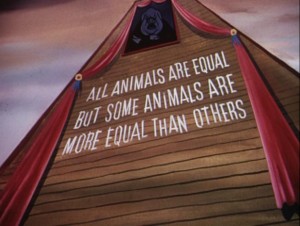 eek I wasn’t prepared for Mr. Barnett’s paper. There was really too much for me to take in just by sitting listening to it—I had to take a copy home and read it again. And then there was Mr. Drummond’s impressively close reading. He gets right in there and turn the words themselves into a code to be cracked, creating mysteries he alone can solve. The progress of the pigs may be disheartening, but that of this group is just the opposite.
eek I wasn’t prepared for Mr. Barnett’s paper. There was really too much for me to take in just by sitting listening to it—I had to take a copy home and read it again. And then there was Mr. Drummond’s impressively close reading. He gets right in there and turn the words themselves into a code to be cracked, creating mysteries he alone can solve. The progress of the pigs may be disheartening, but that of this group is just the opposite.
 Today’s class with Mr. Fotheringill was quite interesting to me considering I have very little knowledge about or interest in Buddhism. Some aspects of it seemed admirable and attainable, while other parts of it seemed a bit hokey. I do believe meditation is a very powerful exercise. I touched on it a little during class, about these Buddhist monks being discovered dead for days with no signs of decomposition. It’s just inexplicable. It shows somehow that this meditation they were in was so deep that the death of their physical body didn’t even cause it to decompose. I think this shows meditation can be an extremely powerful force in some individuals, maybe even all individuals are capable of this.
Today’s class with Mr. Fotheringill was quite interesting to me considering I have very little knowledge about or interest in Buddhism. Some aspects of it seemed admirable and attainable, while other parts of it seemed a bit hokey. I do believe meditation is a very powerful exercise. I touched on it a little during class, about these Buddhist monks being discovered dead for days with no signs of decomposition. It’s just inexplicable. It shows somehow that this meditation they were in was so deep that the death of their physical body didn’t even cause it to decompose. I think this shows meditation can be an extremely powerful force in some individuals, maybe even all individuals are capable of this.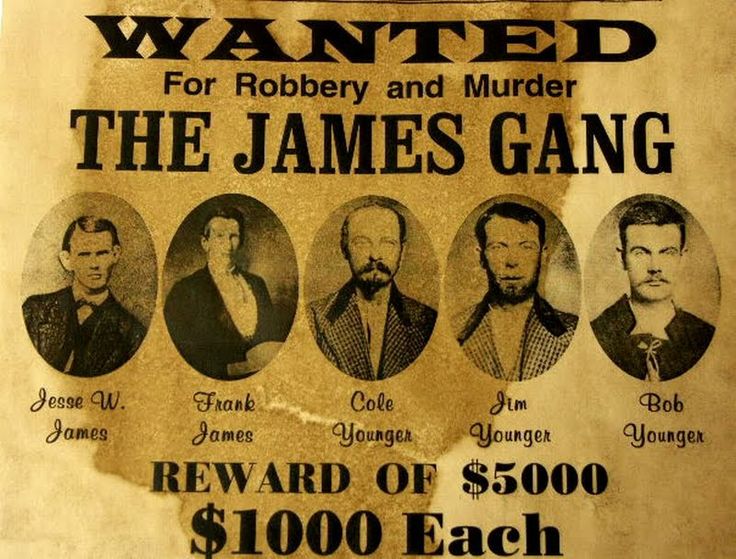
 I came away from Dr. Sizer’s lecture with information such as when the term “bandit” was first employed. It was a term that was first used during the medieval era that referred to the everyday soldier. Dr. Sizer explained that the bandit differed from the common criminal in that the bandit shared the support of the population, for the bandit did not perform crimes that were of a predatory nature against the people. He was a person that stood up against social injustice and took a stand. He acted. He did not simply sit by ad observe, he responded.
I came away from Dr. Sizer’s lecture with information such as when the term “bandit” was first employed. It was a term that was first used during the medieval era that referred to the everyday soldier. Dr. Sizer explained that the bandit differed from the common criminal in that the bandit shared the support of the population, for the bandit did not perform crimes that were of a predatory nature against the people. He was a person that stood up against social injustice and took a stand. He acted. He did not simply sit by ad observe, he responded.
 I would like to say that I felt honored to be able to hear John Peacock’s reading about his life, and how he came to find out his true heritage and roots. Like John Peacock, I am also Irish and Indian mixed. My whole life I was led to believe that my father was a Cherokee Indian. I have always had a sixth sense, if you will, when it comes to Nature, like I’m in tune with the smells and sounds of the woodlands. I also have the stubbornness and temper of an Irishman. I would love to go on a journey such as John Peacock went on, to find out my true roots. My father was never in my life, and when I got old enough to take care of myself, I met with him. Soon after, he was beaten to death and robbed for his money. I wonder if there is a way for me to find out if I am truly part Cherokee Indian or not. Any feedback would be truly helpful. I am honored to have gotten a glimpse into John Peacock’s life, and to hear intimate details about his Sweat Lodge experience. Thank you for coming to speak with us. Truly outstanding.
I would like to say that I felt honored to be able to hear John Peacock’s reading about his life, and how he came to find out his true heritage and roots. Like John Peacock, I am also Irish and Indian mixed. My whole life I was led to believe that my father was a Cherokee Indian. I have always had a sixth sense, if you will, when it comes to Nature, like I’m in tune with the smells and sounds of the woodlands. I also have the stubbornness and temper of an Irishman. I would love to go on a journey such as John Peacock went on, to find out my true roots. My father was never in my life, and when I got old enough to take care of myself, I met with him. Soon after, he was beaten to death and robbed for his money. I wonder if there is a way for me to find out if I am truly part Cherokee Indian or not. Any feedback would be truly helpful. I am honored to have gotten a glimpse into John Peacock’s life, and to hear intimate details about his Sweat Lodge experience. Thank you for coming to speak with us. Truly outstanding.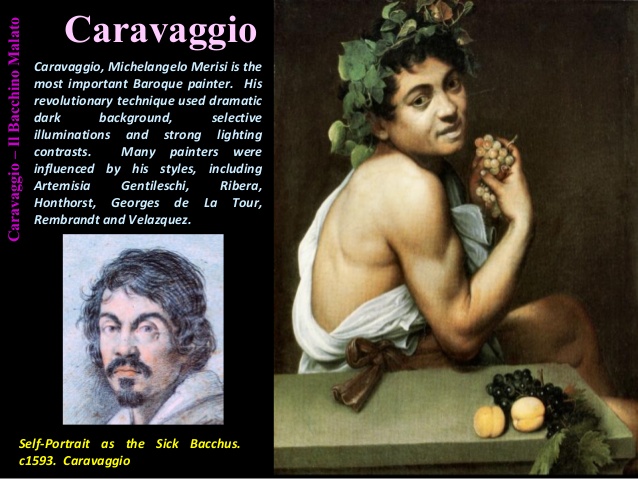
 because I’m 46 years old and still don’t know shit!
because I’m 46 years old and still don’t know shit!